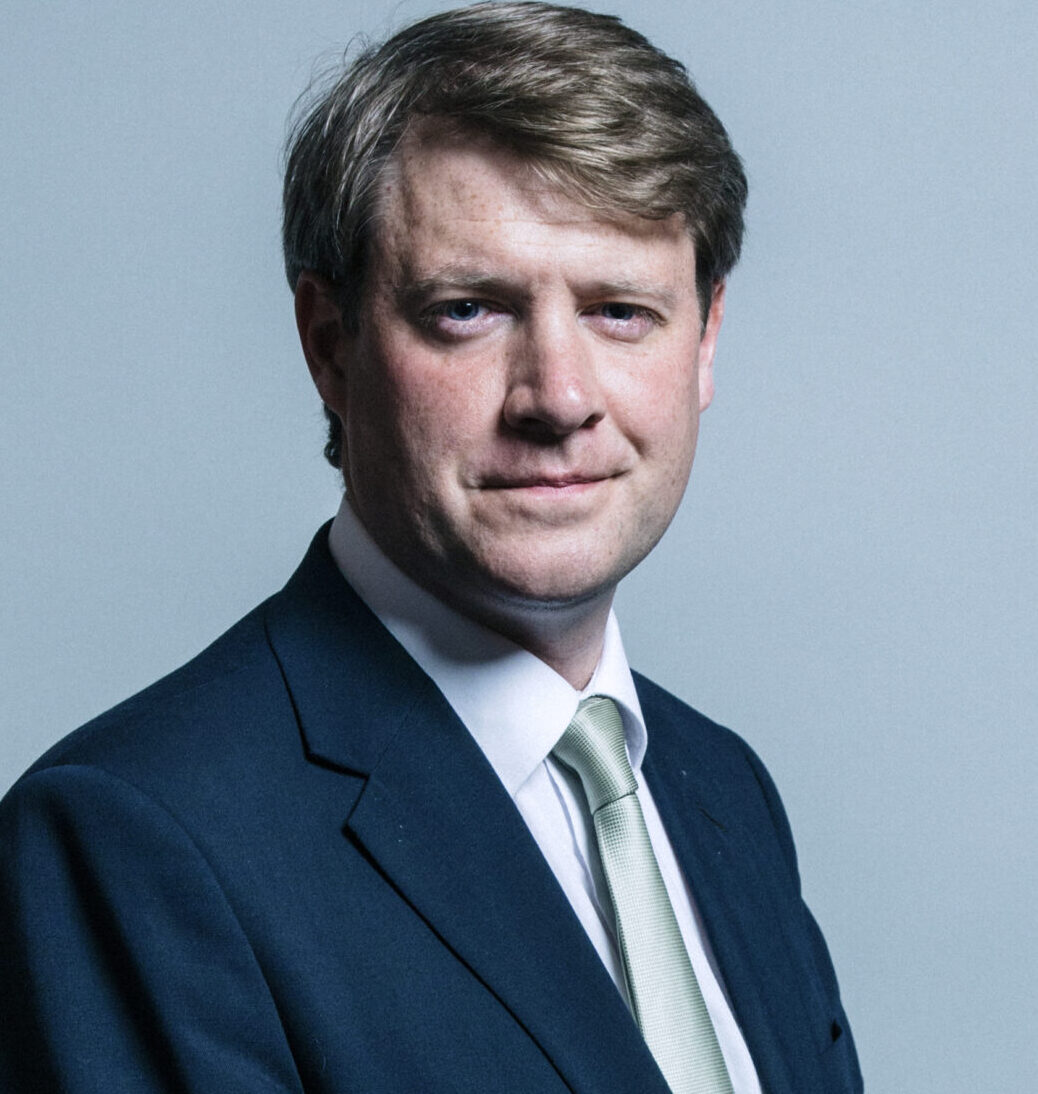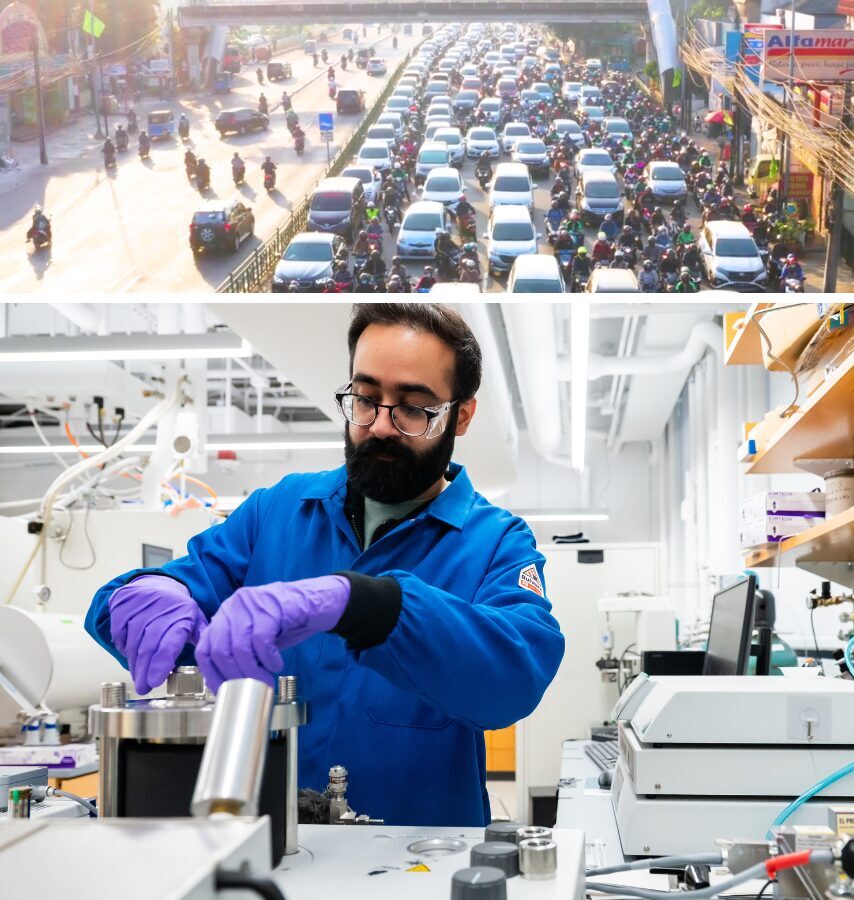Internships for Future Climate Leaders
In the summer of 2022, Raveena John, a student at the Graduate School of Design, helped the City of Boston prepare its stormwater management strategy. Christopher Berven, a Law student, interned in the New York Attorney General’s Environmental Protection Bureau. And Jake Mills of the Harvard Kennedy School, was a Future of Work Intern at the California Labor & Workforce Development Agency. They were all part of the first cohort of seventeen Harvard graduate students, who benefited from the new Harvard Climate Internship Program.
Professor Joe Aldy of the Harvard Kennedy School created the program with funding from the Office of the Vice Provost for Climate and Sustainability and the HKS Office of the Dean. Students received up to $7,000 each, which complemented any other sources of internship funding.
“We sought to create a climate policy-oriented program that enriched students’ classroom learning experience,” said Professor Aldy.
The program not only offered funding – up to $7,000 – but also mentoring and weekly discussions with practitioners and Harvard faculty. The discussions included Carol Browner, Board Chair, League of Conservation Voters and Senior of Counsel, Covington and Burling LLP; and Nat Keohane, President, C2ES. The engagement continued into the fall of 2022, when students met with the visiting speakers of the Energy Policy Seminar, hosted by Professor Aldy.
“Despite the fact that students in the program spanned nine time zones, we enjoyed good turnout for the zoom meetings with practitioners,” said Professor Aldy.
As the program advances from its pilot phase, the goals are to increase student participation, identify more summer internship opportunities, and engage more faculty and alumni in the weekly discussions. The Salata Institute is increasing funding for this program next year to cover both internship funding and administrative costs.
“Providing more opportunities for our students to gain work experience in the climate field is one of our top priorities,” said George Sarrinikolaou, the Salata Institute’s Executive Director.
The program’s next round will be announced on this website in the spring of 2023.









